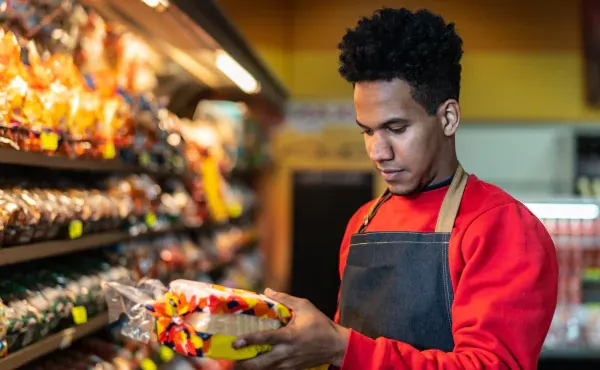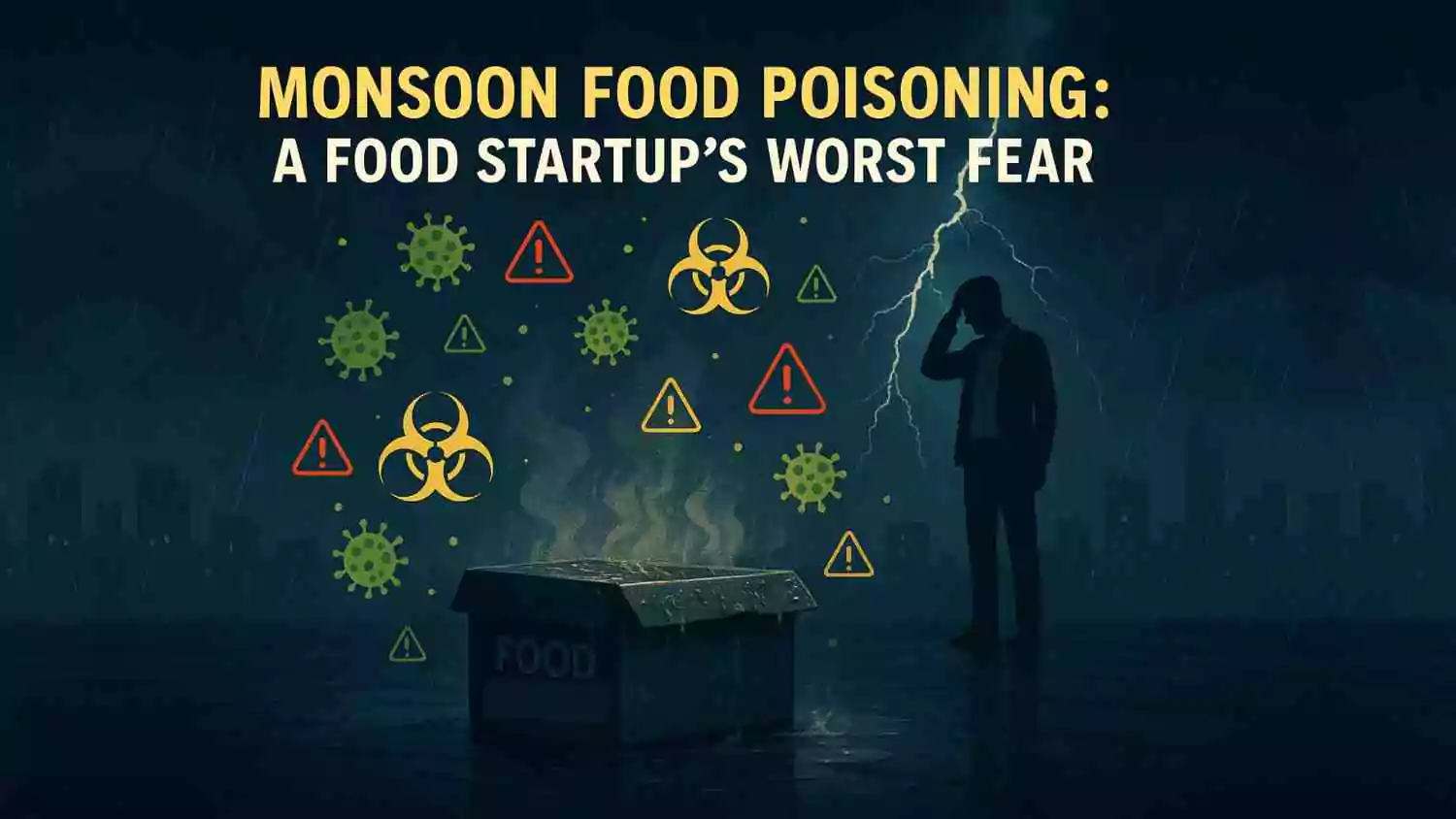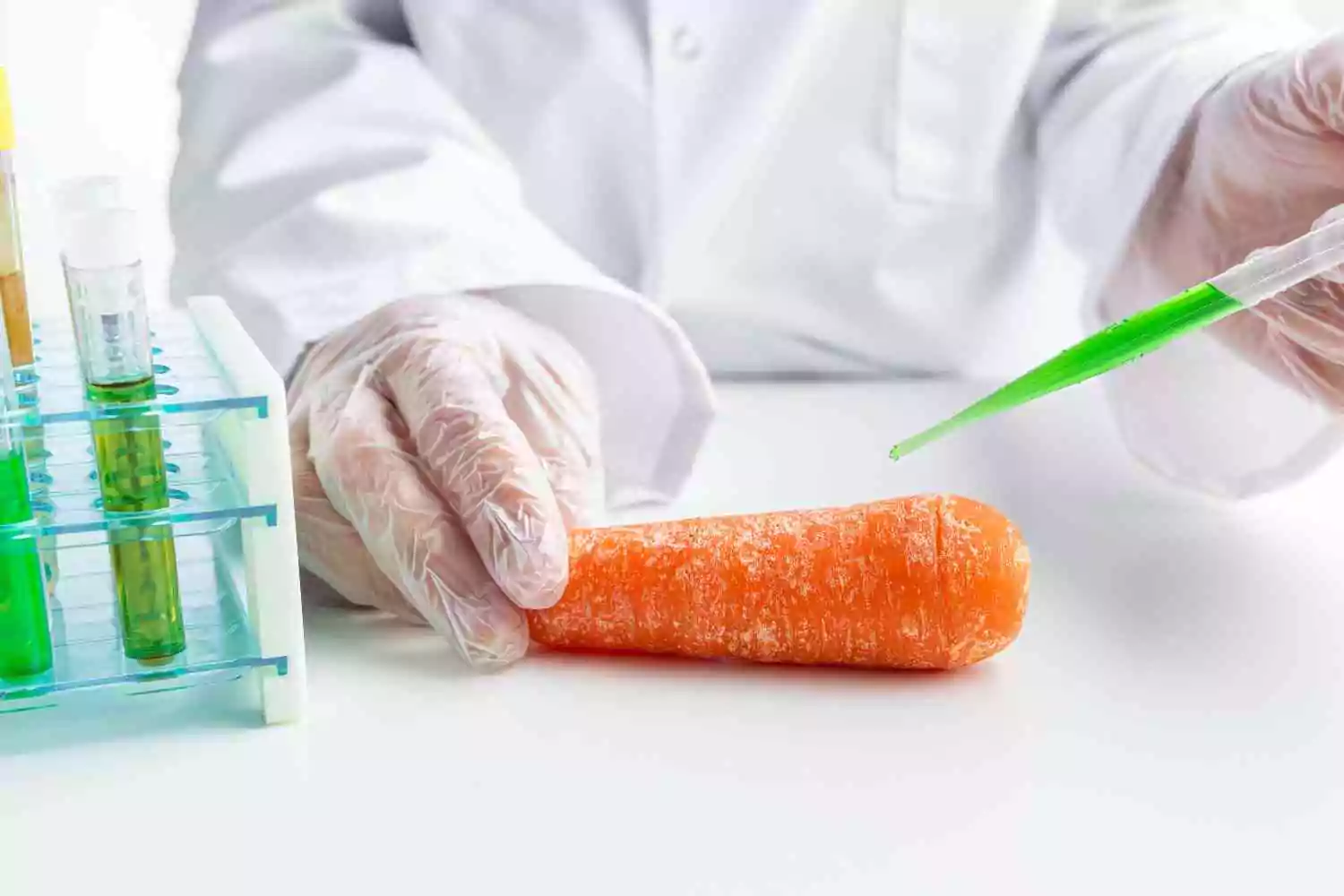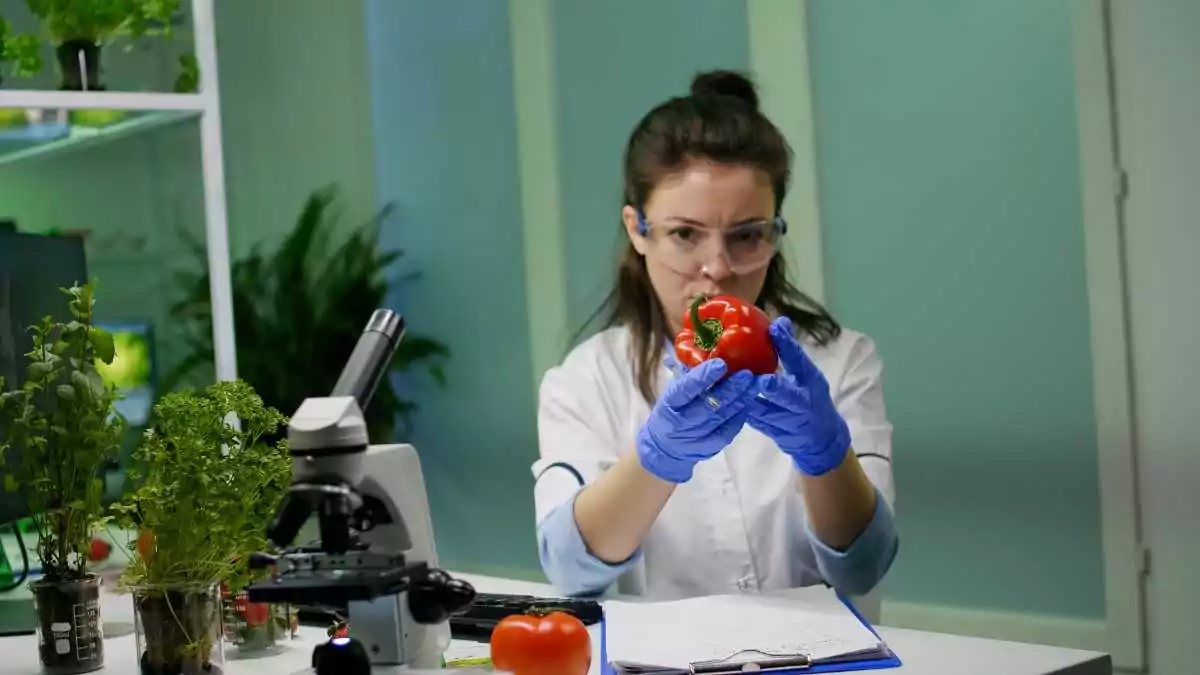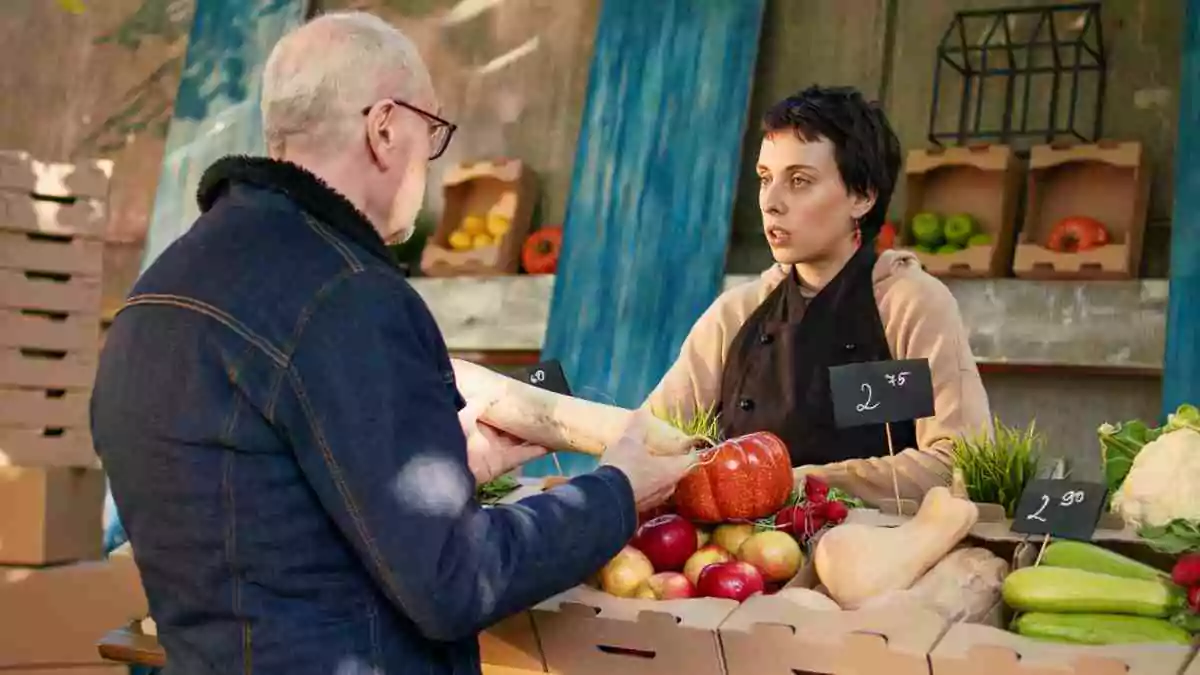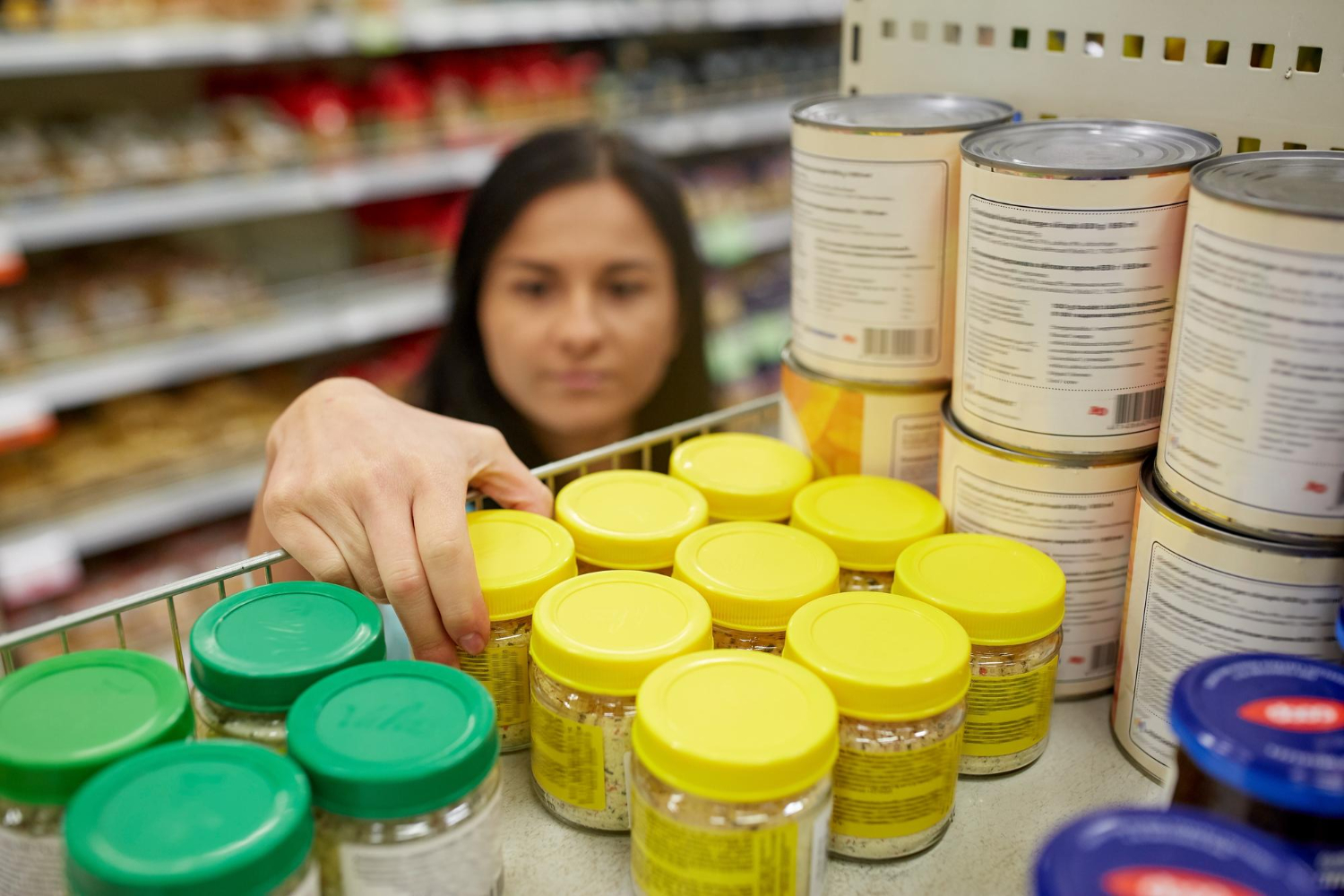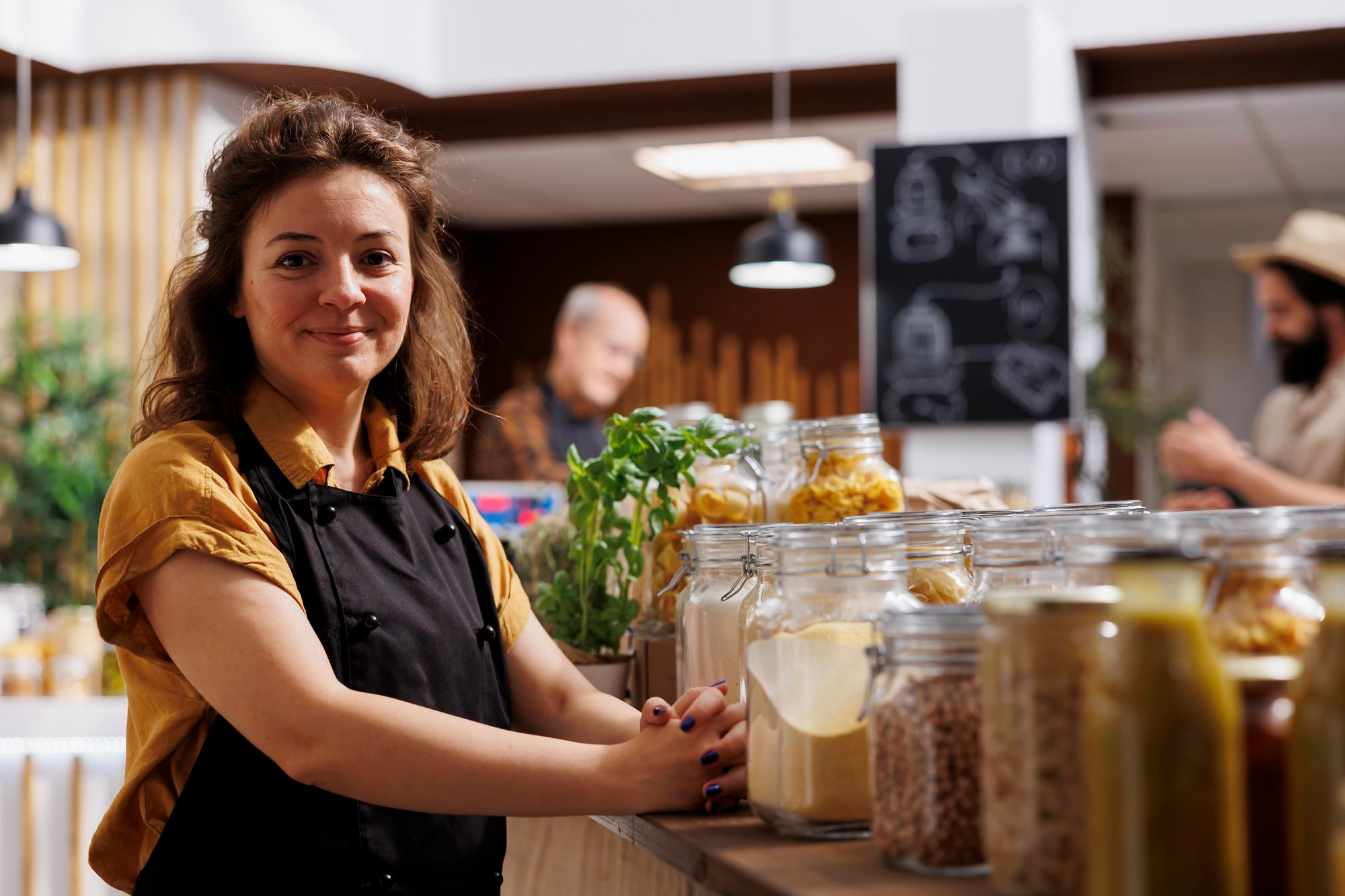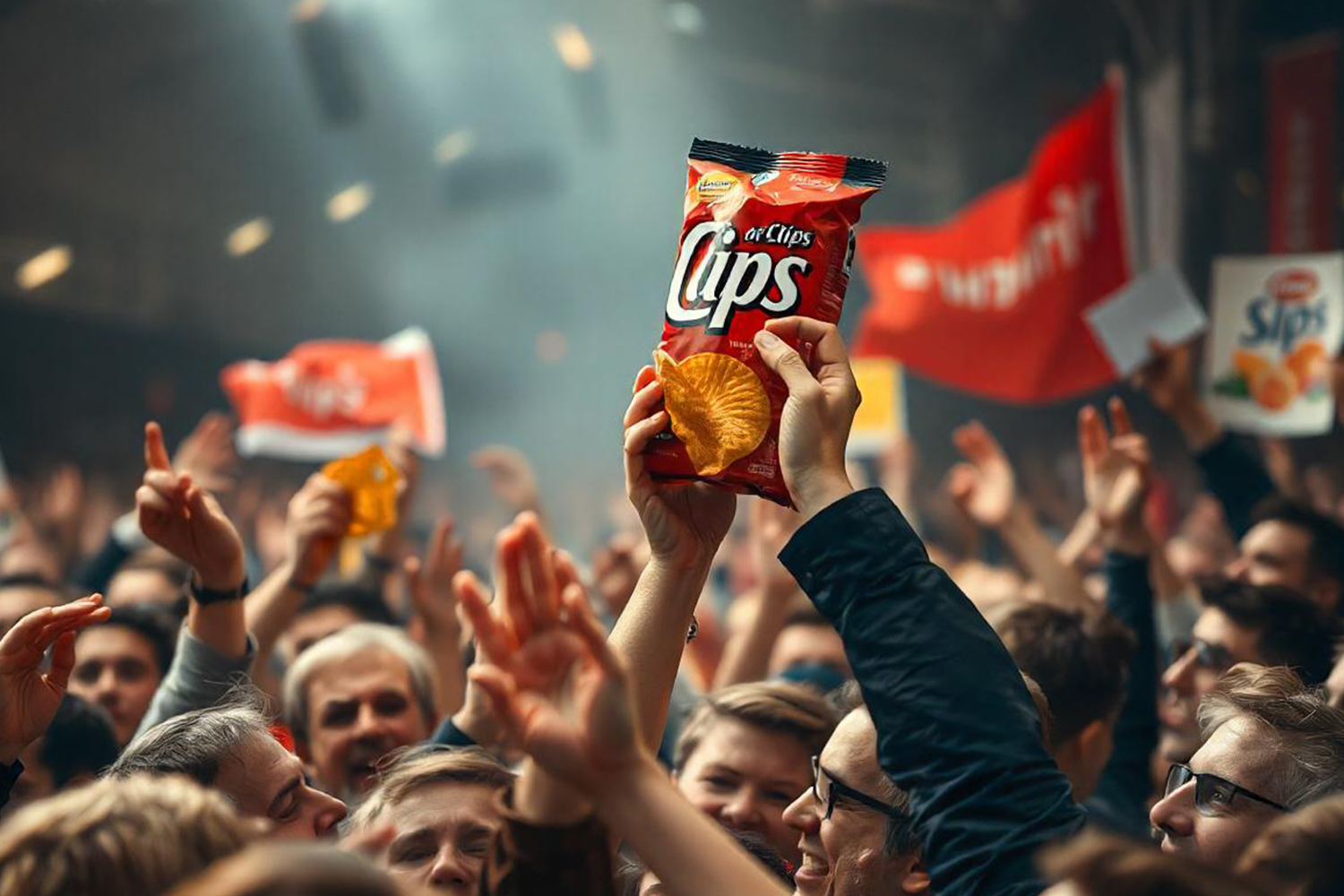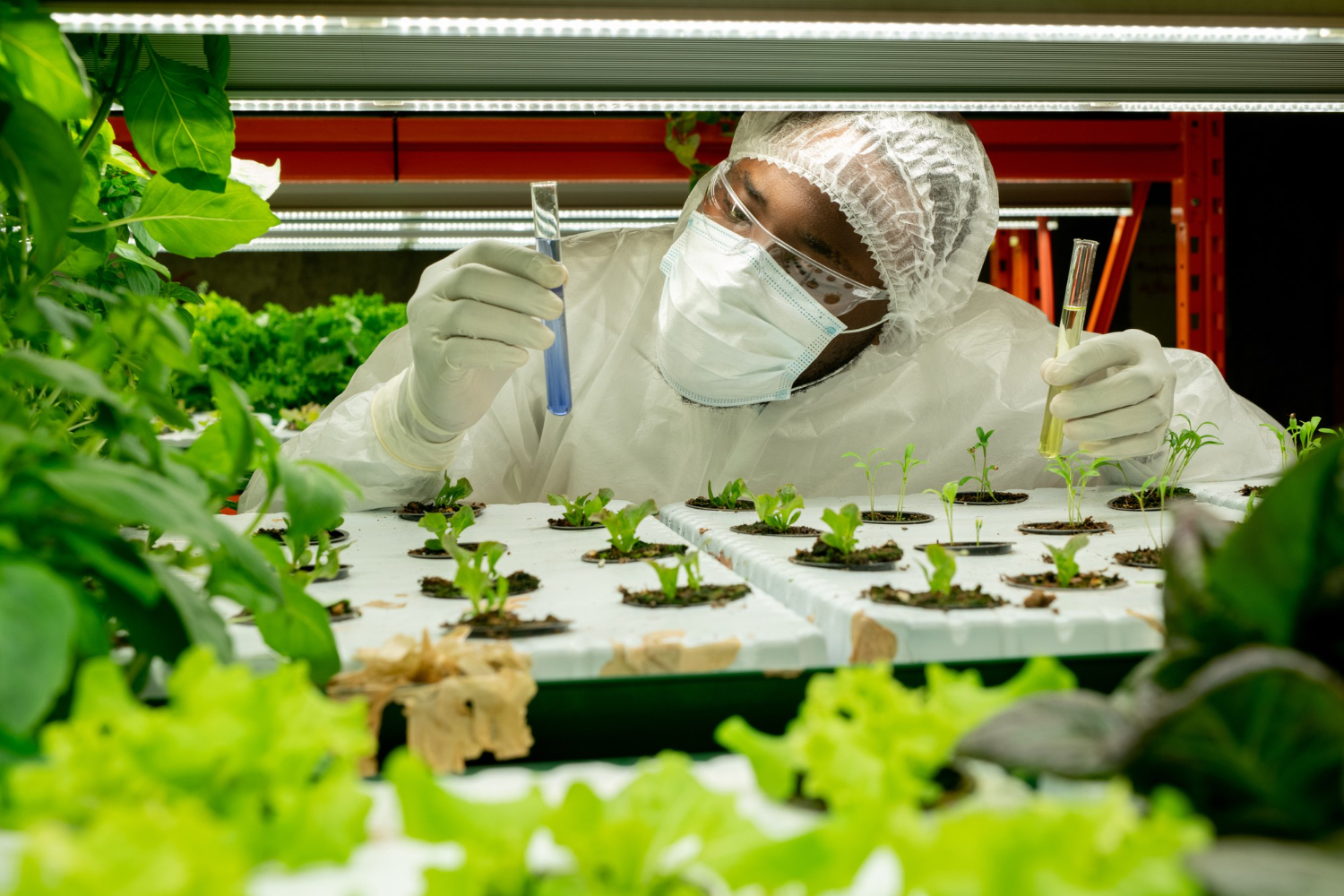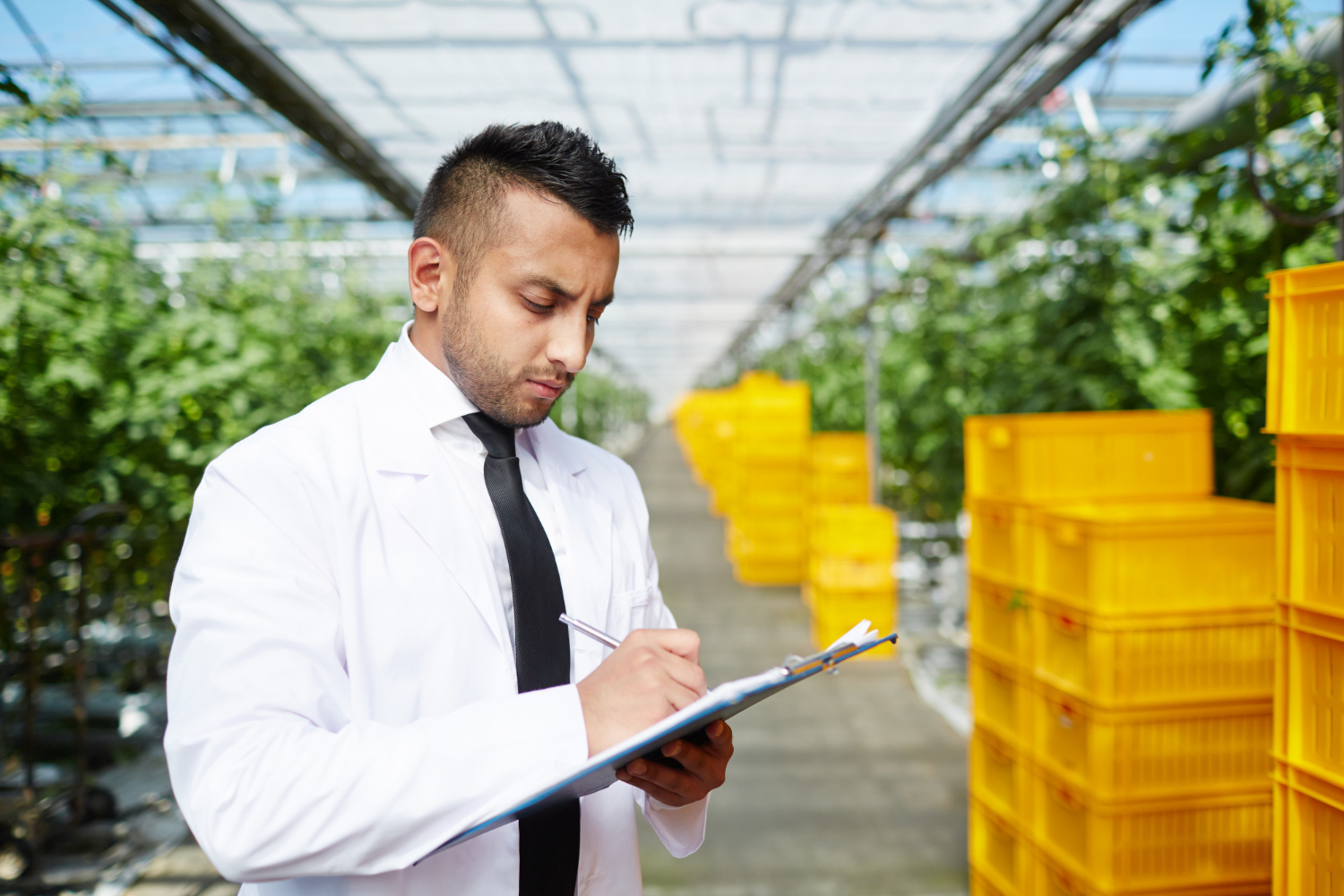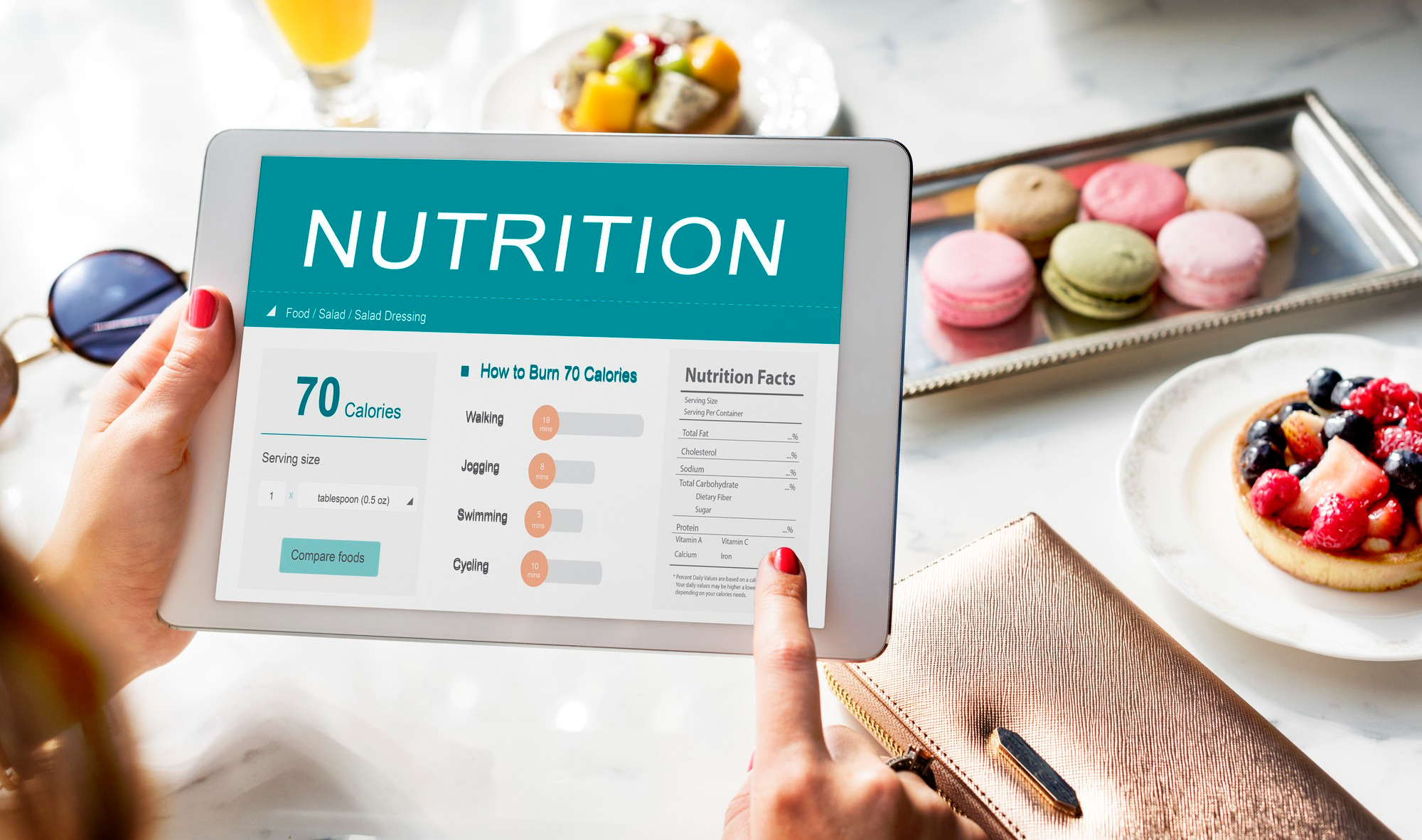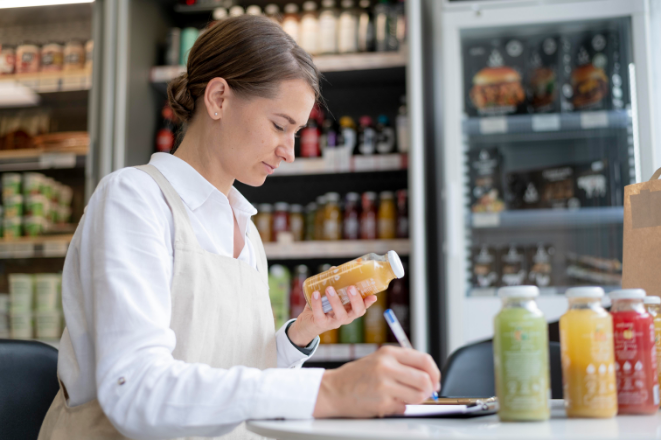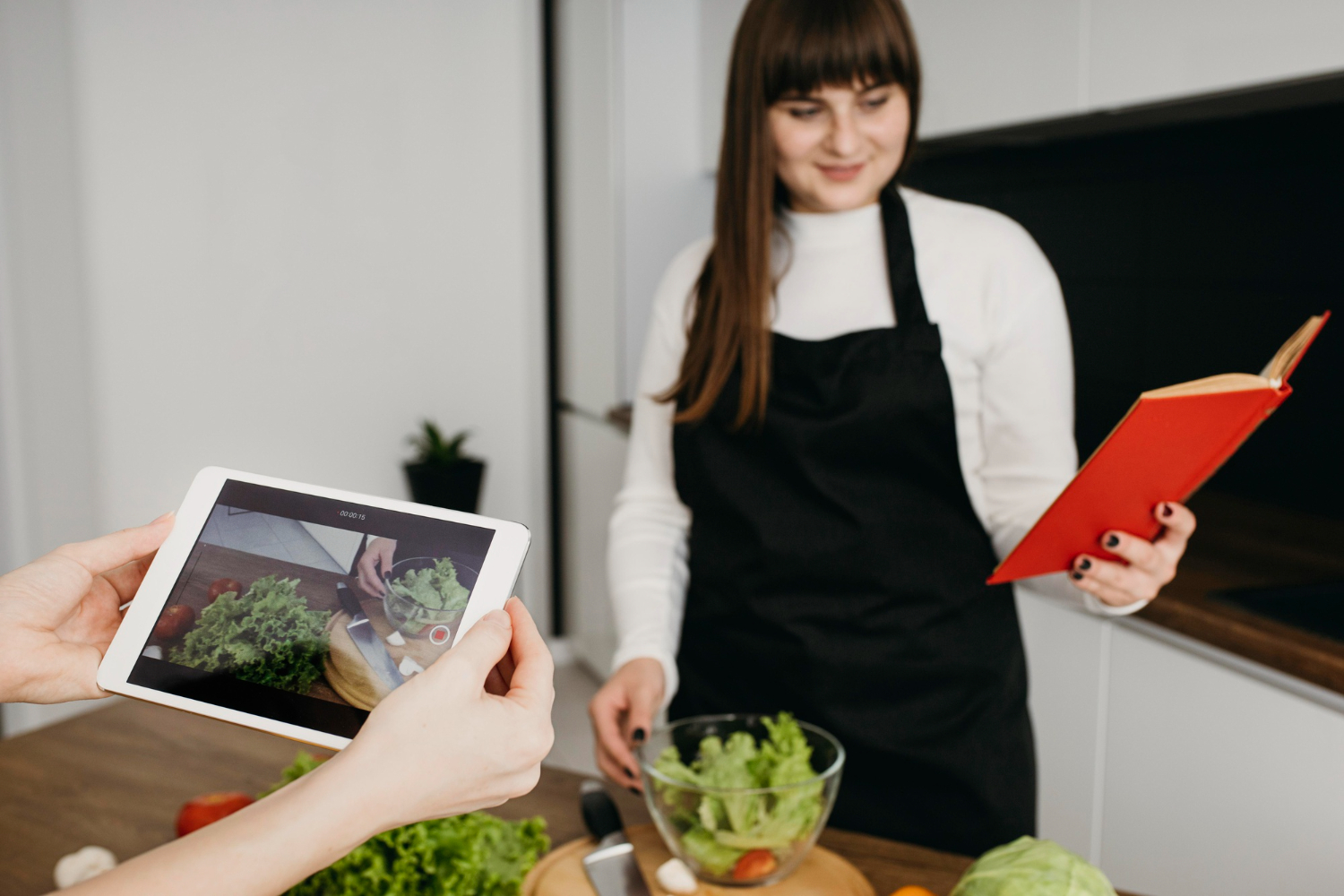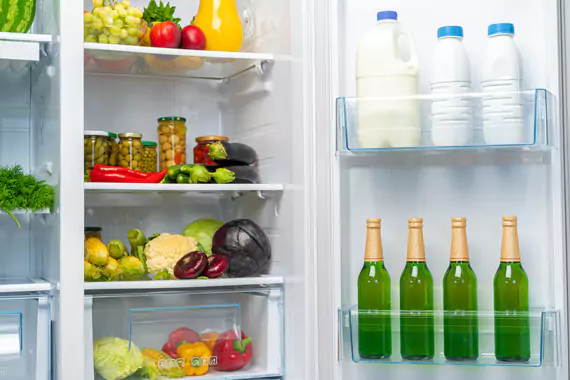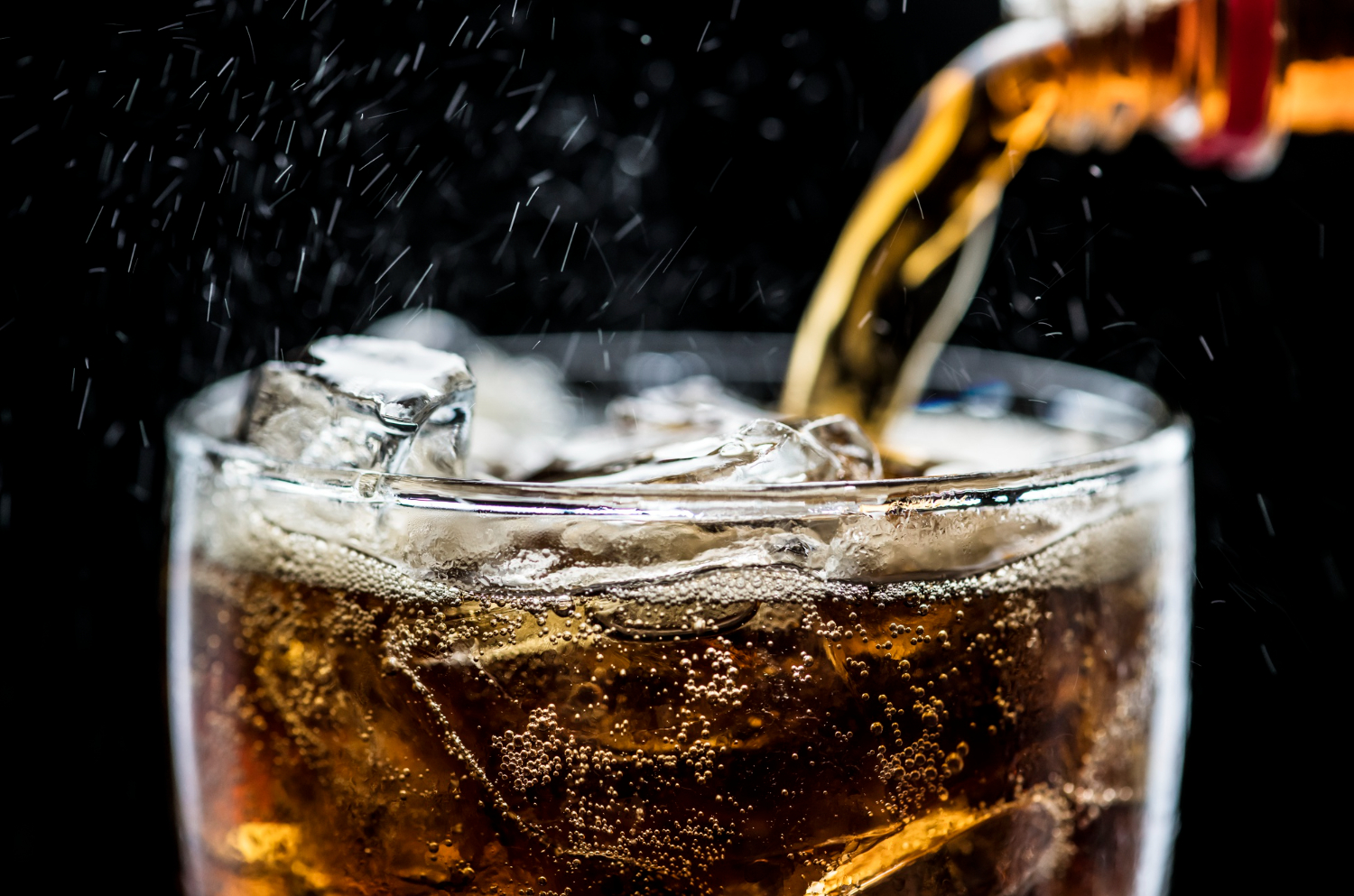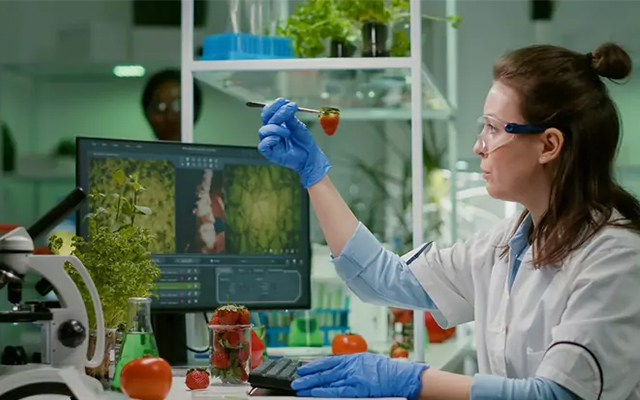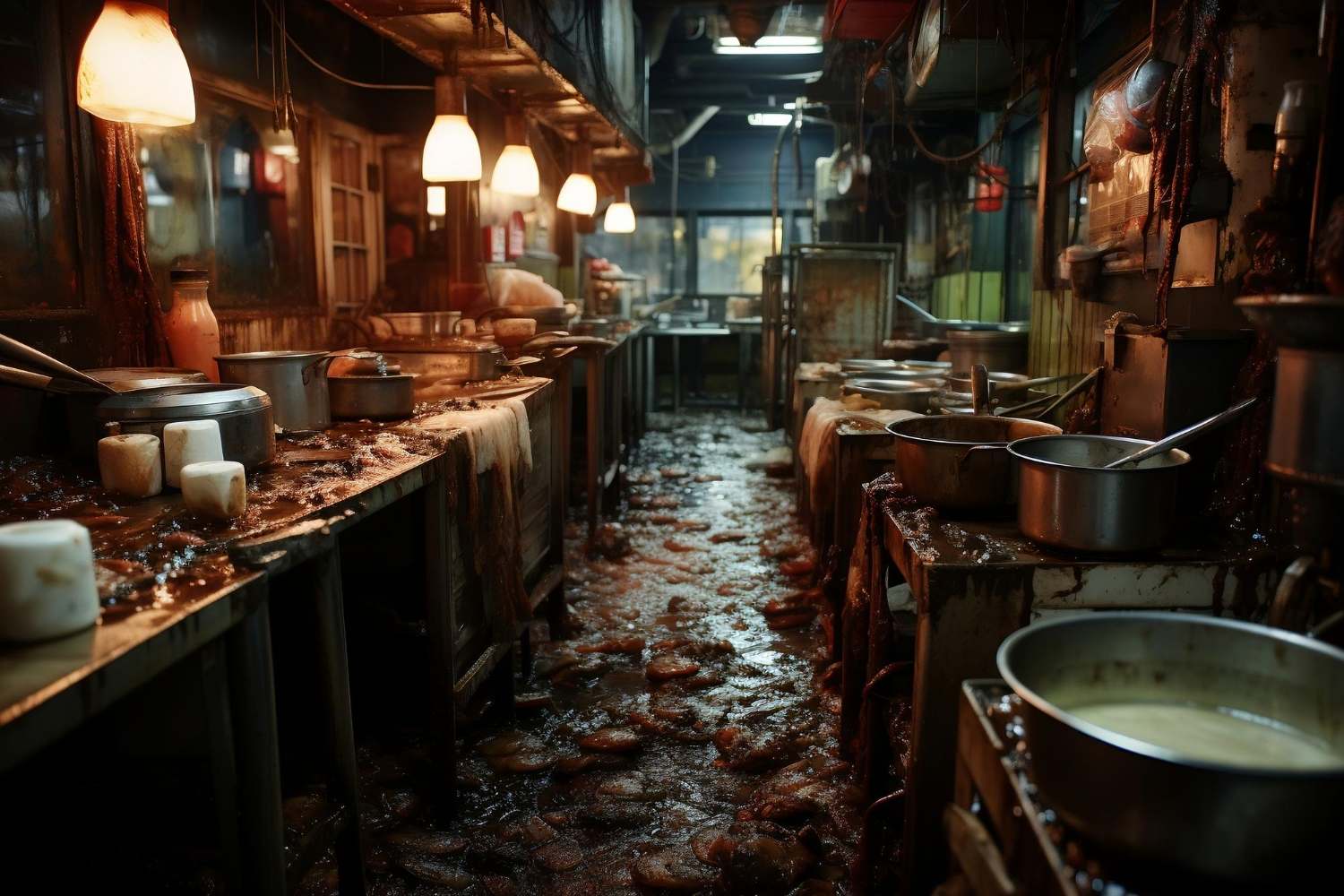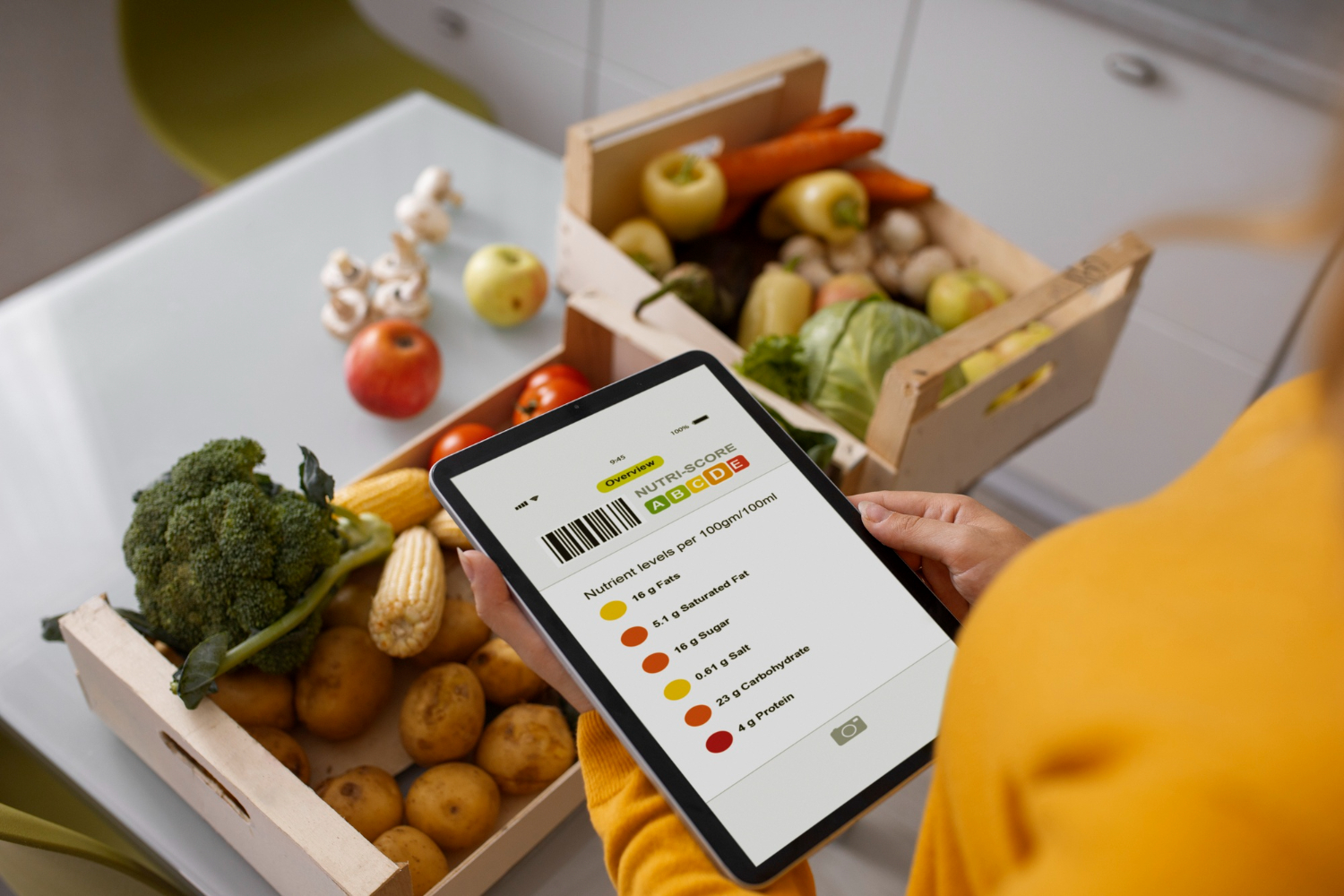Scan Before You Eat: FSSAI’s New QR Code Rule
Ever wondered what’s really happening inside your restaurant’s kitchen? Now, a quick scan of a small QR code can give you the answer, right at your table.
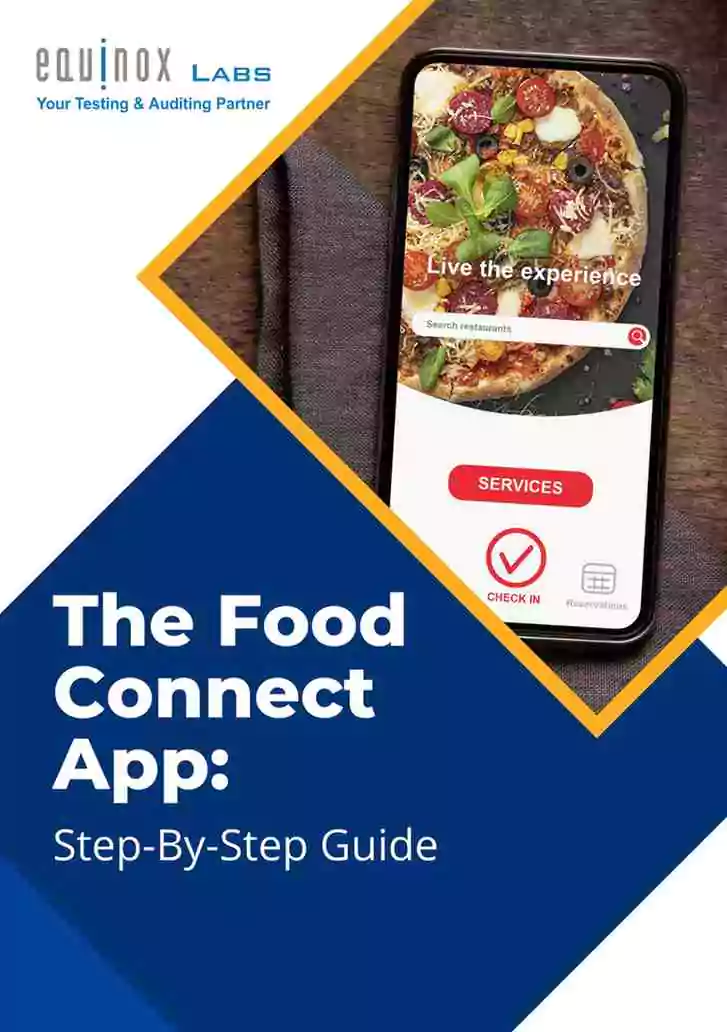
The Food Connect App: Step-By-Step Guide
The Food Connect App makes food safety simple and accessible.
Download Free Guide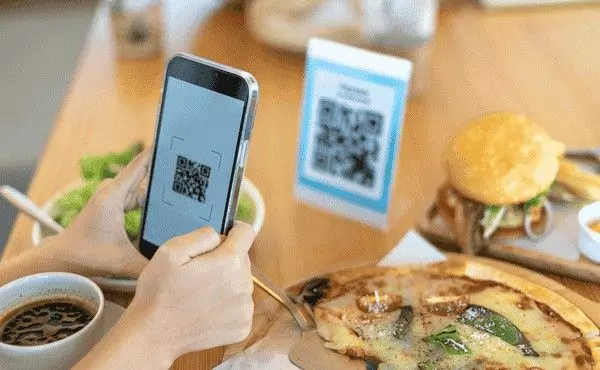
We recently got a major update from FSSAI, on July 25, 2025, the Food Safety and Standards Authority of India (FSSAI) issued a mandate that could redefine how we eat out in India. Every restaurant, cafe, cloud kitchen, and food outlet is now required to display a QR code linked to the Food Connect app.This one power move from the FSSAI has handed authority directly to the consumer, right at their dining table.
But what does this mean for restaurant owners, food founders, consumers, and food safety authorities? More importantly, why should you care if your favorite restaurant has that little square code or not? In this blog, you will get all the answers to that as read more.
What is the Food Connect App?
The Food Connect app is the recent buzz which can be found in various news sources lately. How many of us are fully aware about it? This app was first launched on October 27, 2021. The Food Connect app is FSSAI’s tech-driven initiative to empower consumers and ensure real-time food safety vigilance. By using the app, customers can:
- ✅ Scan QR codes displayed at food outlets
- 📄 Access the FSSAI license/registration details of the establishment
- 🏅 Check hygiene ratings or certification status
- 🚨 Submit feedback or report violations instantly
- 🔔 Track updates and recalls issued by food safety authorities
In simple terms, it acts like a digital watchdog, one that fits right into every smartphone.
What’s New with the QR Code Mandate?
FSSAI's new rule makes it compulsory for all food businesses to display a unique QR code generated through the Food Connect platform. This QR code links consumers directly to the outlet’s food safety profile.
If the eateries don’t have QR code on display, that’s now a violation.
This rule isn’t just a compliance checkbox. It’s a paradigm shift, from opaque kitchen practices to total food safety transparency which is a good step for food safety.
Why Does This Mandate Matter?
Let’s face it, food poisoning, adulteration, and unhygienic kitchens are not rare news anymore. We hear about it almost everyday in different parts of India. But how do you know if the food you’re eating is really safe?
With this QR code:
- You don’t need to guess whether a restaurant is licensed.
- You can check hygiene ratings before you place your order.
- You get to report issues such as a fly in your food, expired items, or even rude staff instantly to the food safety authorities.
- You become part of a larger food safety movement, where your voice can prevent outbreaks or unsafe practices.
This is such an empowering move especially in a time when Instagram reviews can be fake, and FSSAI certification is the only real mark of food safety.
In 2024 alone, over 21,000 complaints were received by FSSAI regarding poor food quality in restaurants. The complaints were mostly from food delivery apps. Most of the consumers don't know how to file complaints. This QR code makes it easier than ever.
If you’re a restaurant owner, this QR code could be your strongest ally, not your enemy. Read on how it can help your food joint.
- Show You are Legit
By simply displaying the QR code, you're proving that your business is registered, licensed, and monitored. This builds instant trust, especially with health-conscious and aware customers. - Avoid Penalties
FSSAI is planning surprise checks and public campaigns around this QR code rule. And if the restaurants fail to comply, then it could lead to penalties, suspension of license, or worse public backlash. - Boost Customer Confidence
In an era where diners choose restaurants not just for taste but for transparency, having the QR code says: We have nothing to hide. - Digital Feedback Loops
You can use the app’s feedback system to track customer sentiment, resolve complaints early, and improve your operations proactively. - Edge Over Competitors
Your neighboring restaurant may have great food, but if you have the QR code and they don’t, then your restaurant wins the trust battle.
India’s food startup ecosystem is exploding with thousands of cloud kitchens, delivery-first brands, and niche food entrepreneurs joining the race every month.
But with that growth comes risk:
- Consumer skepticism over new brands.
- Difficulty proving food safety credentials.
- Negative reviews that snowball fast on social media.
The QR code gives food founders a shortcut to credibility:
- Build brand legitimacy from Day 1.
- Let customers verify your FSSAI registration without asking.
- Respond to feedback before it becomes a Twitter storm.
- Show investors and aggregators that you're compliant and progressive.
In a startup world where perception is everything, this one move can change the game.
FSSAI isn’t just policing food safety, it’s trying to digitize it.
The QR code initiative helps authorities:
- Monitor restaurant licenses in real-time
- Detect patterns of repeated complaints
- Track foodborne illness outbreaks quickly
- Prioritize inspections based on customer feedback
- Create a nationwide food safety map
Instead of random raids, FSSAI can now take data-backed actions. This could save time, costs, and improve public health outcomes.
Example: How Can This QR Code Avert a Crisis?
Assume that in a recent pilot trial in Pune, a customer scanned a restaurant’s QR code and noticed that the FSSAI license had expired. He reported it via the app. Within 48 hours, the outlet was inspected and found to be using unhygienic cooking oil.
The restaurant avoided a full shutdown by acting on the feedback and renewing its license. But more importantly, dozens of potential health risks were avoided. If there was no QR code, the violation would have gone unnoticed.
How to Get the QR Code?
Your quick guide to staying FSSAI-compliant and building customer trust.
- Visit the FSSAI FoSCoS Portal.
- Log in to your account.
- Navigate to the "Food Connect QR Code" section.
- Download the QR code linked to your FSSAI license.
- Display it at the entrance, billing counter, and menu.
What Happens if You Don’t Display it?
FSSAI has announced that non-compliance will attract penalties under the Food Safety and Standards Act. Apart from legal repercussions, restaurants may also:
- Be listed on public non-compliant databases
- Face negative reviews from aware customers
- Lose partnerships with aggregators and delivery platforms
- Risk of temporary suspension or revocation of FSSAI license
It’s not worth the risk, especially when compliance is free and easy.
Why This Rule Could Define the Future of Dining in India
India is evolving. From being a market where people blindly trusted restaurant brands, we are becoming a society that demands proof of hygiene and safety.
The QR code rule by FSSAI is more than a regulation, it’s a signal.
It says:
- We deserve to know what’s in our food.
- Food safety is everyone’s right, not a privilege.
- The era of hidden kitchens and expired licenses is over.
A Small Code with a Massive Impact
How a simple QR code is transforming trust, transparency, and safety in India’s food industry.
Transparency for Consumers
Trust for Food Brands
Efficiency for Authorities
A Safer Ecosystem
If you're a food business, embrace it. If you're a consumer, use it. And if you're a part of the food safety ecosystem, celebrate it. Because in the end, food isn’t just about taste. It’s about trust.
Equinox Labs, one of India’s leading food safety and compliance partners, plays a crucial role in helping food businesses adapt to evolving FSSAI mandates like the QR code rule. With its expertise in food testing, hygiene audits, and regulatory advisory, Equinox empowers restaurants and food startups to not just comply, but build long-term consumer trust through transparency and quality assurance.


